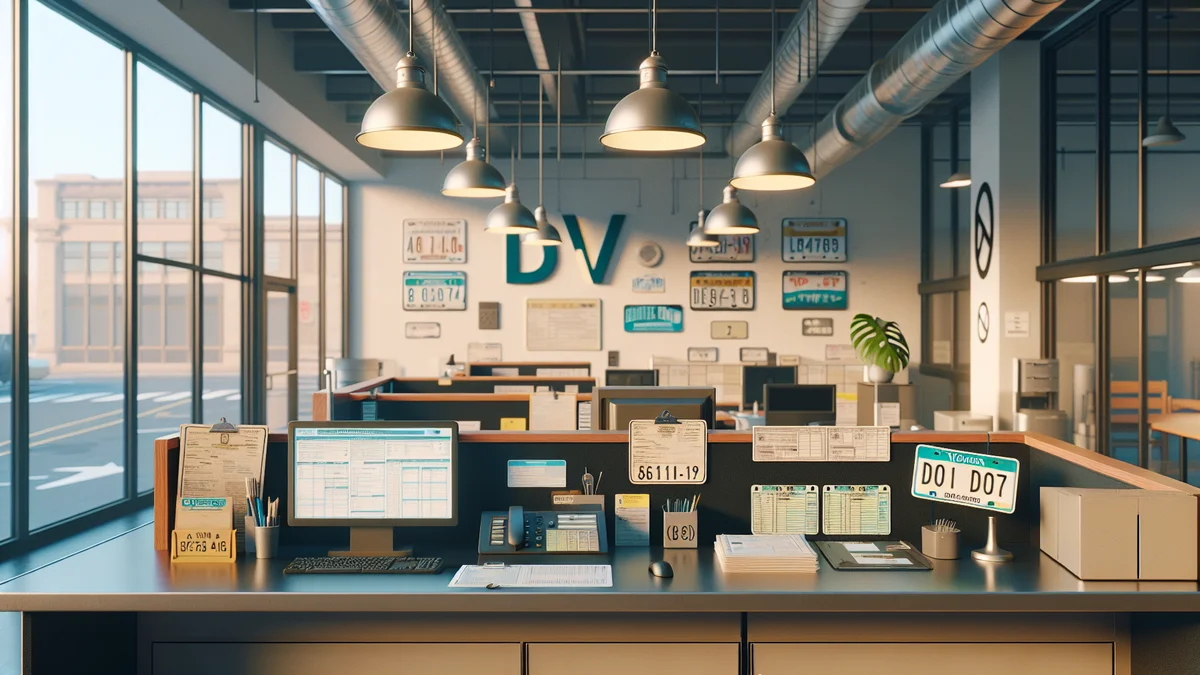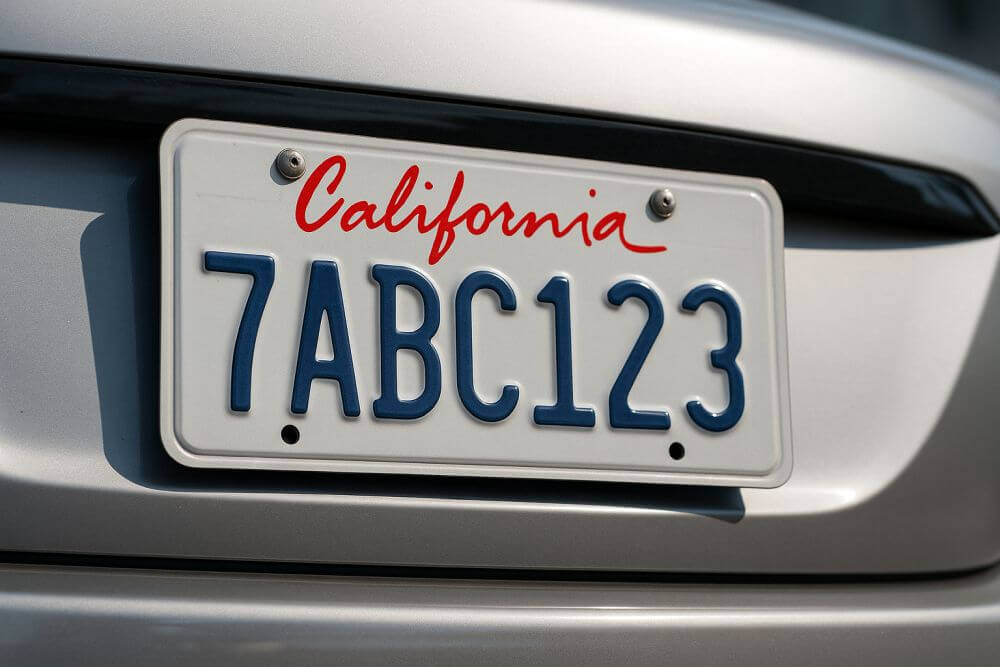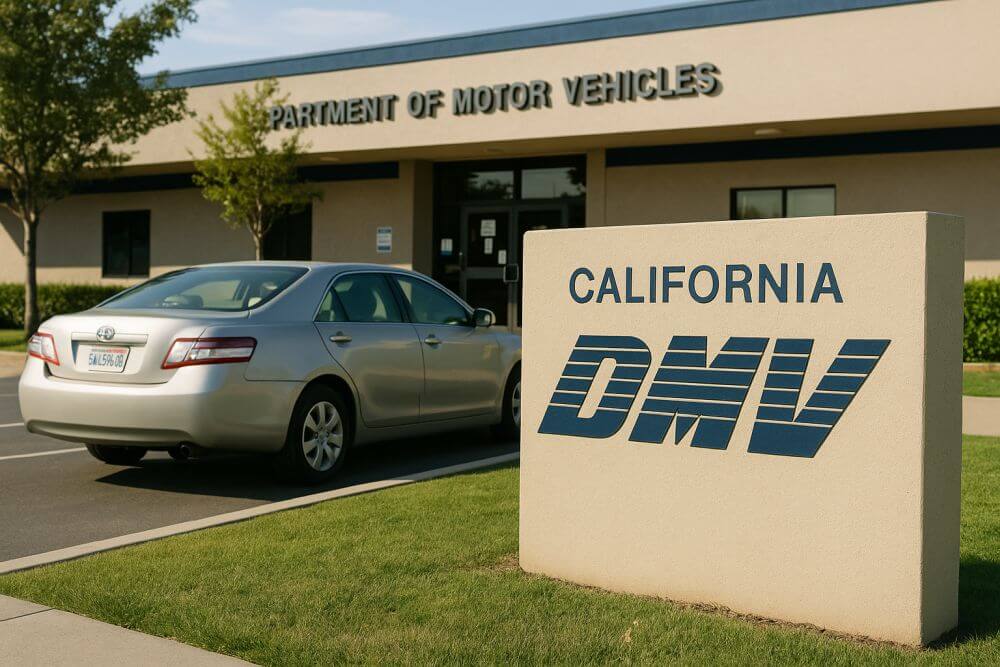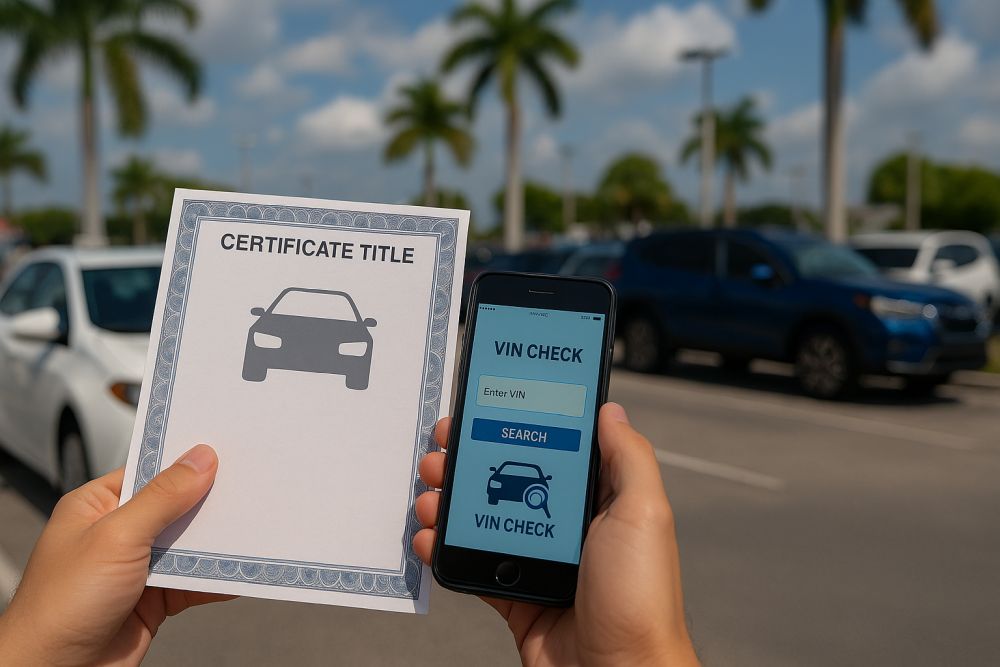When buying a used car, understanding its history is crucial to ensuring you make an informed decision. This is where a DMV VIN check comes in, providing valuable insights into a vehicle’s past. But what is a DMV VIN check, and how does it differ from third-party services? Knowing these differences can save you time, money, and headaches. Whether you’re a prospective car buyer or a current vehicle owner curious about your car’s history, this guide will clarify your options. For those looking for a quick and comprehensive check, a free VIN check can be a game changer.

What Is a DMV VIN Check?
A DMV VIN check is a service provided by the Department of Motor Vehicles (DMV) to help you access crucial information about a vehicle’s history. This check involves the Vehicle Identification Number (VIN), a unique code assigned to every motor vehicle when it’s manufactured. The DMV maintains a database of all registered vehicles, allowing you to verify information such as the car’s title status, accident history, and any recalls.
How Does a DMV VIN Check Work?
To perform a DMV VIN check, you will need the vehicle’s VIN, which is usually located on the driver’s side dashboard or inside the driver’s side door. Once you have the VIN, you can request a report through the DMV’s website or visit a local DMV office. The report typically includes:
- Title Information: Details about the current title holder and any past changes in ownership.
- Accident History: Records of any accidents the vehicle has been involved in.
- Recall Notices: Information about any recalls issued by the manufacturer.
- Registration Details: Current and past registration status of the vehicle.
Differences Between DMV VIN Check and Third-Party Services
While a DMV VIN check provides official data from government records, third-party services can offer additional insights that may not be included in DMV reports. Here’s how they differ:
Official vs. Comprehensive Data
DMV reports are limited to information available in state databases, primarily focusing on title and registration details. In contrast, third-party services like Carfax or AutoCheck often provide more comprehensive data, such as service records, odometer readings, and theft reports.
Cost and Accessibility
DMV VIN checks can sometimes be obtained for free or at a low cost, but they may require a visit to a DMV office or navigating a state-specific website. Third-party services, while often more expensive, provide instant online access and are more user-friendly.
Data Updates
Third-party services frequently update their databases with information from multiple sources, including insurance companies and repair shops, offering more current insights. DMV updates may be less frequent, reflecting only changes submitted to state records.
Why VIN Decoding Matters
Understanding how to decode a VIN is essential when conducting a DMV VIN check or using a third-party service. The VIN acts as the vehicle’s fingerprint, comprising 17 characters that reveal critical information about the car, including the manufacturer, model, and year of production. Decoding this information can help verify the authenticity of the vehicle’s records and ensure that it matches the seller’s description. For those interested in a more detailed analysis, visit the DMV VIN info page for additional resources.
Call to Action
For a quick and comprehensive way to decode your VIN and access a wealth of vehicle history information, try VinCheckPro’s free VIN decoder at VinCheckPro. This tool not only helps you understand the specifications of your vehicle but also provides insights into its history, ensuring you have all the information you need at your fingertips.
Frequently Asked Questions (FAQ)
What is the difference between a DMV VIN check and a VIN decoder?
A DMV VIN check provides historical data about the vehicle from state records, while a VIN decoder translates the VIN into useful information about the vehicle’s make, model, year, and other specifications.
Can I get a DMV VIN check for free?
Some states offer free DMV VIN checks, while others may charge a small fee. It’s best to check with your local DMV for specific details and costs.
How accurate is a DMV VIN check compared to third-party services?
A DMV VIN check is as accurate as the data submitted to the state’s database. Third-party services may offer more comprehensive and up-to-date information by pulling from a wider range of data sources.
Is a DMV VIN check necessary before purchasing a used car?
Yes, a DMV VIN check is an essential step in the used car buying process. It verifies the vehicle’s title status and history, helping to ensure there are no hidden issues.
How can I find my vehicle’s VIN?
The VIN is typically located on the driver’s side dashboard or inside the driver’s side door. It’s also often found on insurance documents and the vehicle’s registration card.


